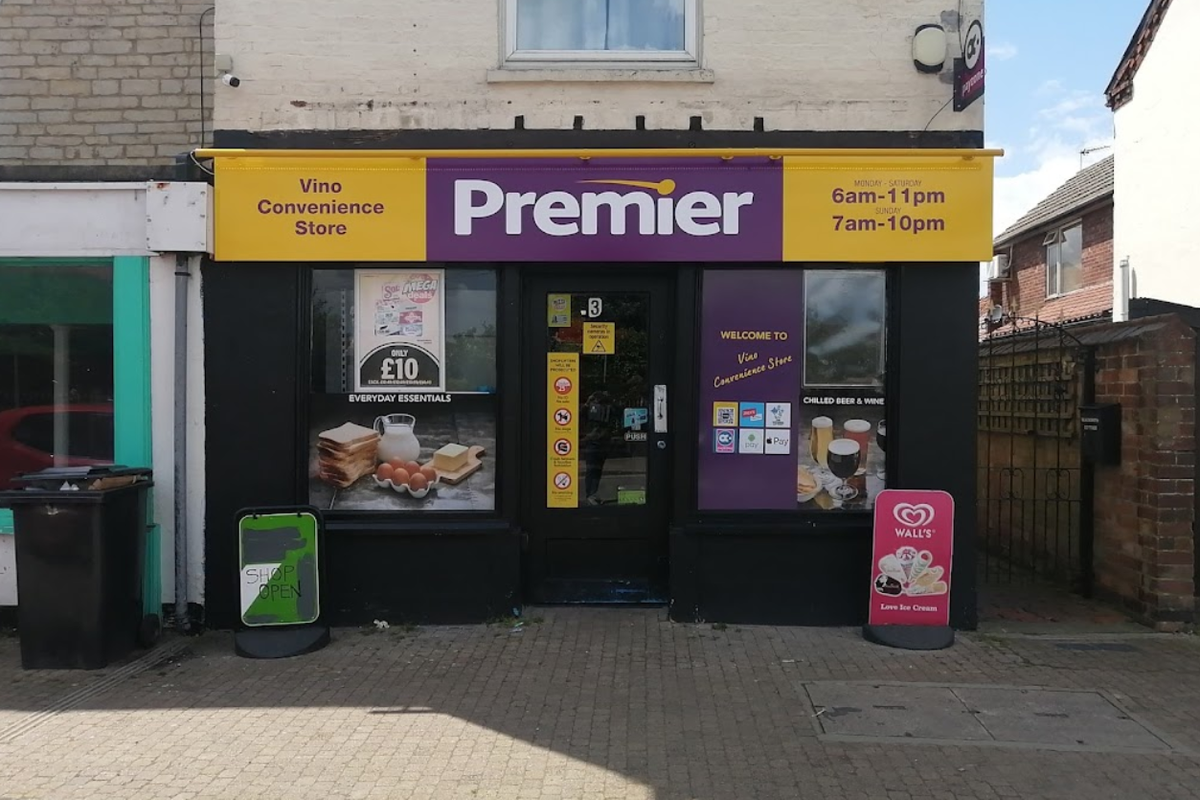A shop in a village near Lincoln has had its premises licence revoked after police discovered an illegal worker being paid below the minimum wage.
Lincolnshire Police officers urged North Kesteven District Council’s alcohol and entertainment licensing sub-committee to revoke the licence for Vino Convenience Store on Metheringham High Street during a review on Tuesday (17 December).
The committee heard that management had been “operating in such a manner that amounts to criminal activity”.
Officers first carried out a compliance check on 21 March, where they found no evidence of a written policy to prevent alcohol sales to under-18s or staff training related to that policy.
Although management claimed in an email sent on 4 April, that outstanding issues had been resolved, a follow-up visit on 10 October, revealed otherwise.
Upon entering the store, officers questioned the Designated Premises Supervisor (DPS), who stated she had never seen a policy or received any training and was, in fact, looking after the store “as a favour”.
Police then returned to the store a few hours later that day to find a male worker and inquired about his right-to-work status.
It then transpired that he was not allowed to work in that role and that he was paid around £600 a month with no payslip for working approximately 20 hours a week.
“Our inquiries found that he arrived in the UK under a skilled working visa in health and social care and had worked for a period of time in this field. But at the time of this encounter, he no longer worked for the sponsor and had no right to work in the shop,” a representative from the force said.
Mr Sureshkanth Arumugam took over the licence for the property in October 2023 alongside Thanusha Kaliyaperumal. Mr Arumugam is also listed as the license holder for two other businesses in the North Kesteven area – Ashgrove Convenience Store in Dorrington and Crescent Store in Leasingham.
In April 2023, officers visited the store in Dorrington, where they encountered a male behind the counter whose English was poor. Following this, checks were made with the Home Office Immigration Compliance and Enforcement team, which confirmed he was an illegal worker who could have been arrested.
This demonstrated how the illegal worker found at Vino Convenience Store was “not a one-off”.
Other issues found with the store in Metheringham included non-compliant age verification signage and alcohol seen on shelves with no price markings. Officers also insisted that “recent intelligence” has found the store is selling vapes to a 14-year-old.
Ian Holland, who attended the review in support of Mr Arumugam, stated: “I’ve known Suresh for about six years now and he’s always been an excellent man.”
He claimed that he has witnessed staff in the Leasingham store checking ID for restricted items and also highlighted how the licence holder was paying for the illegal worker’s rent and food, explaining why he was only being paid £600 a month.
Mr Arumugam claimed he believed the man had the right to work there but later admitted he had “made a mistake.” He also insisted he was “verbally training” staff in selling age-restricted items.
(Local Democracy Reporting Service)

